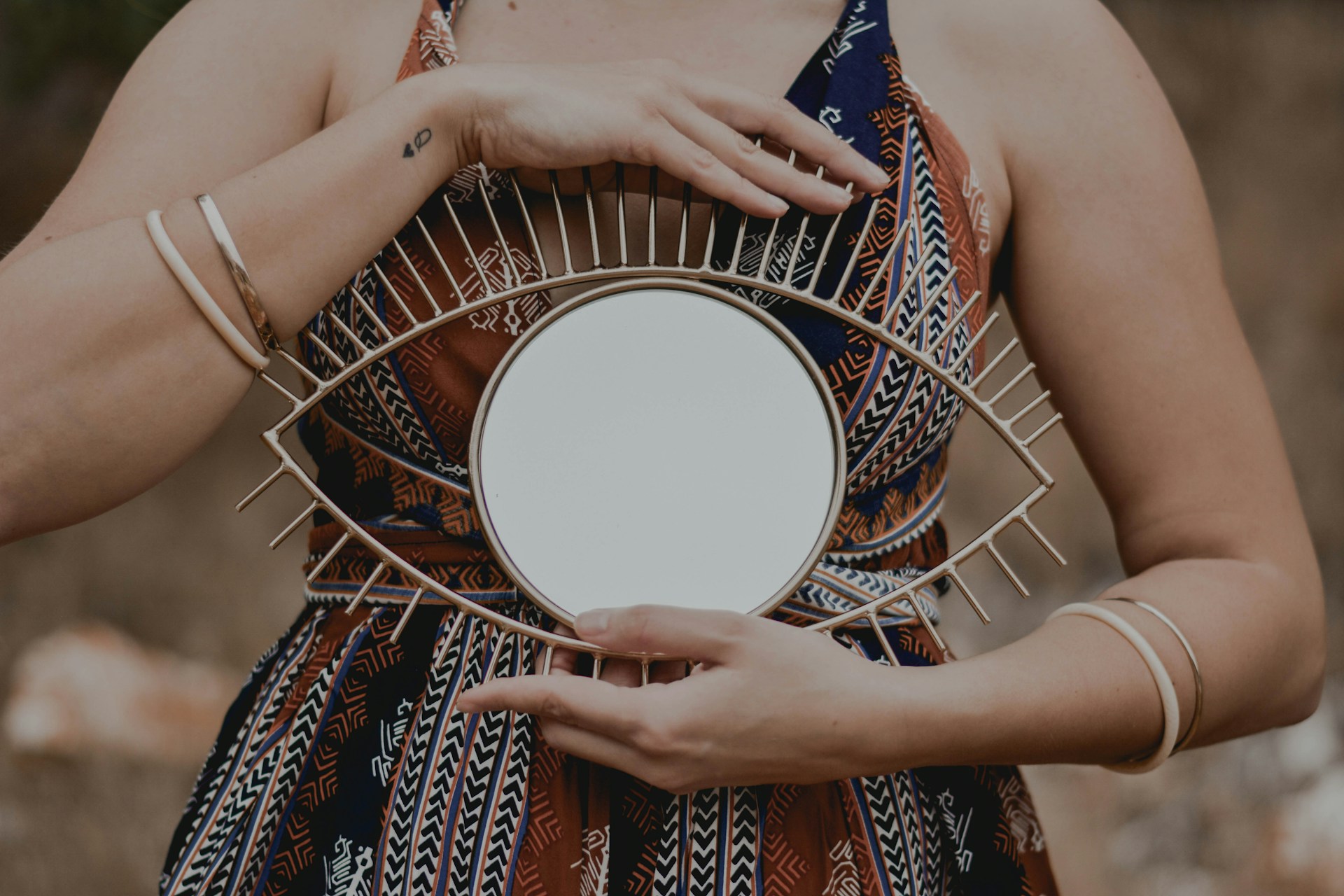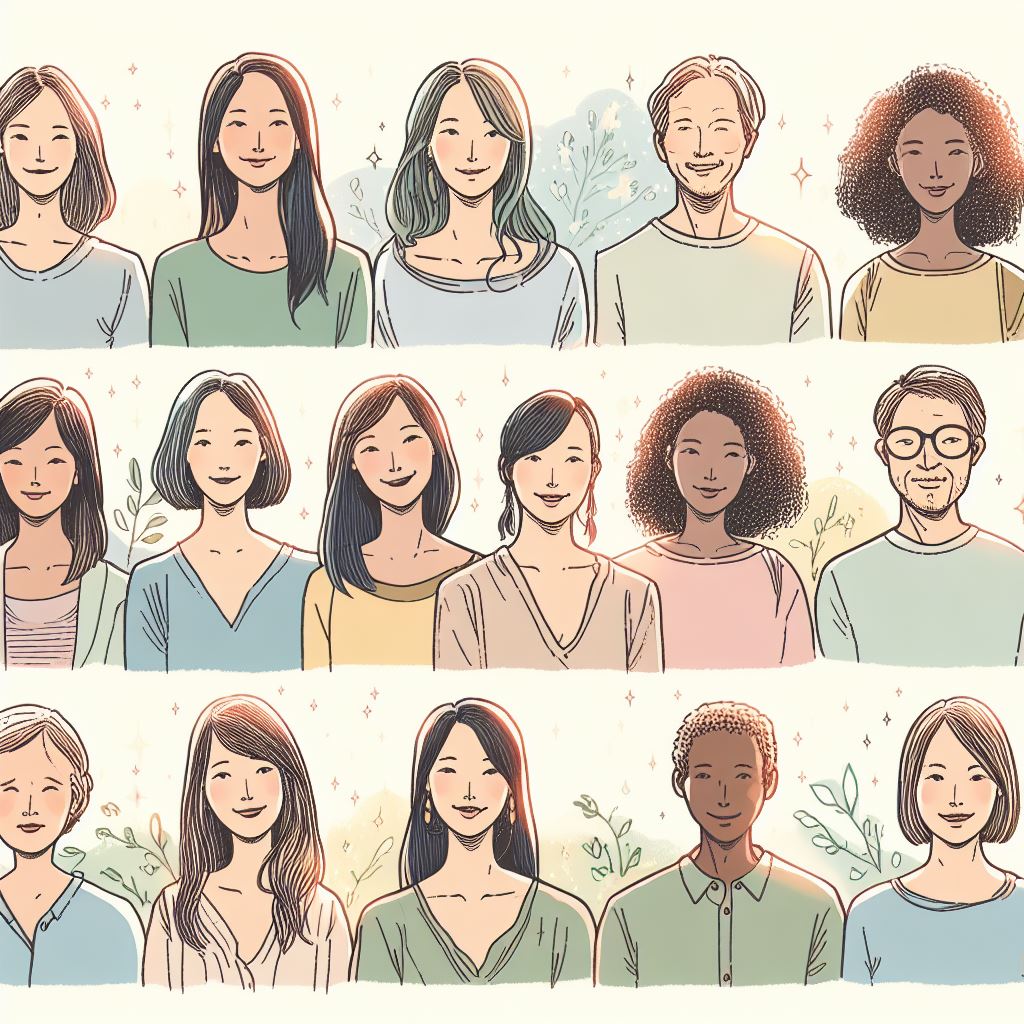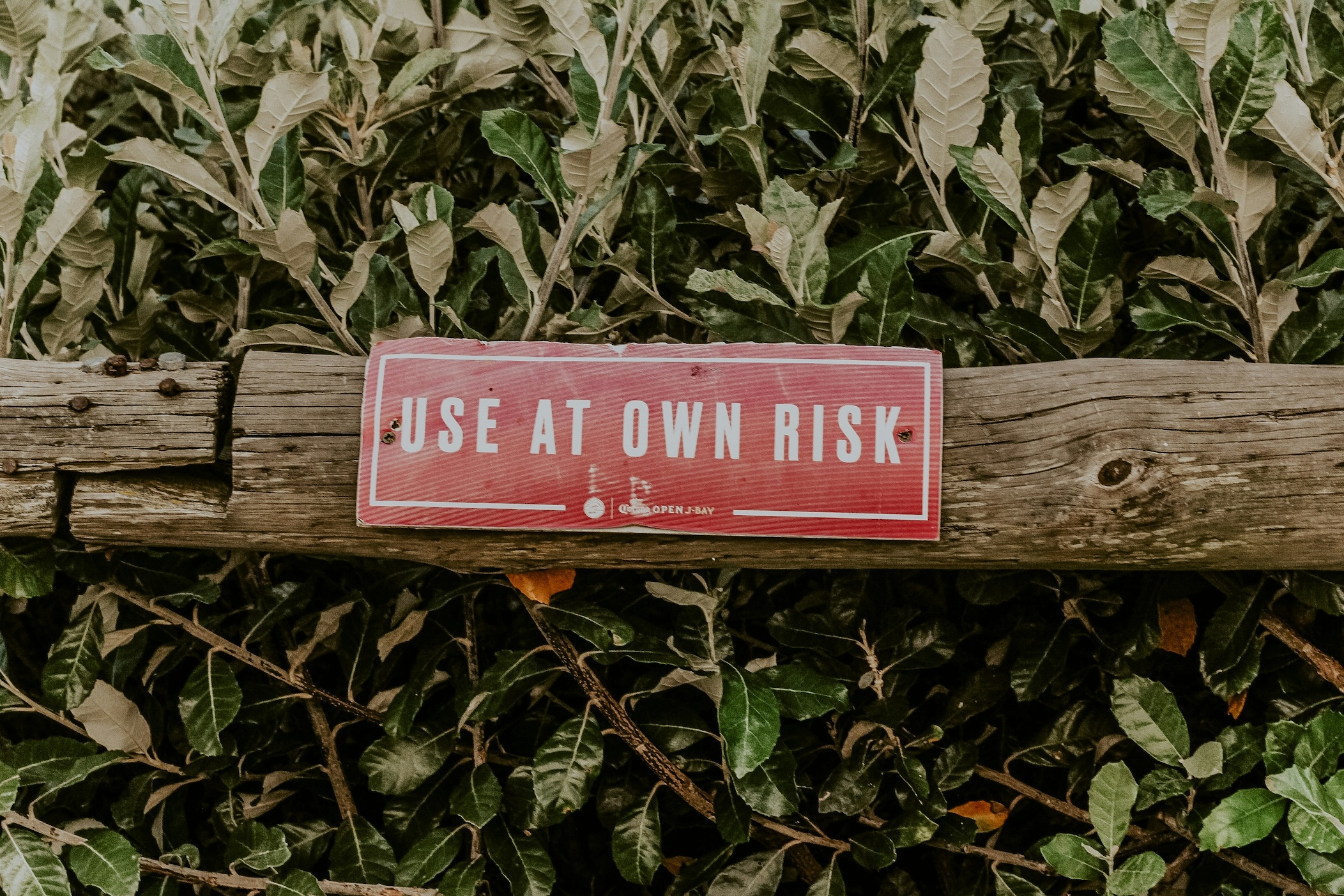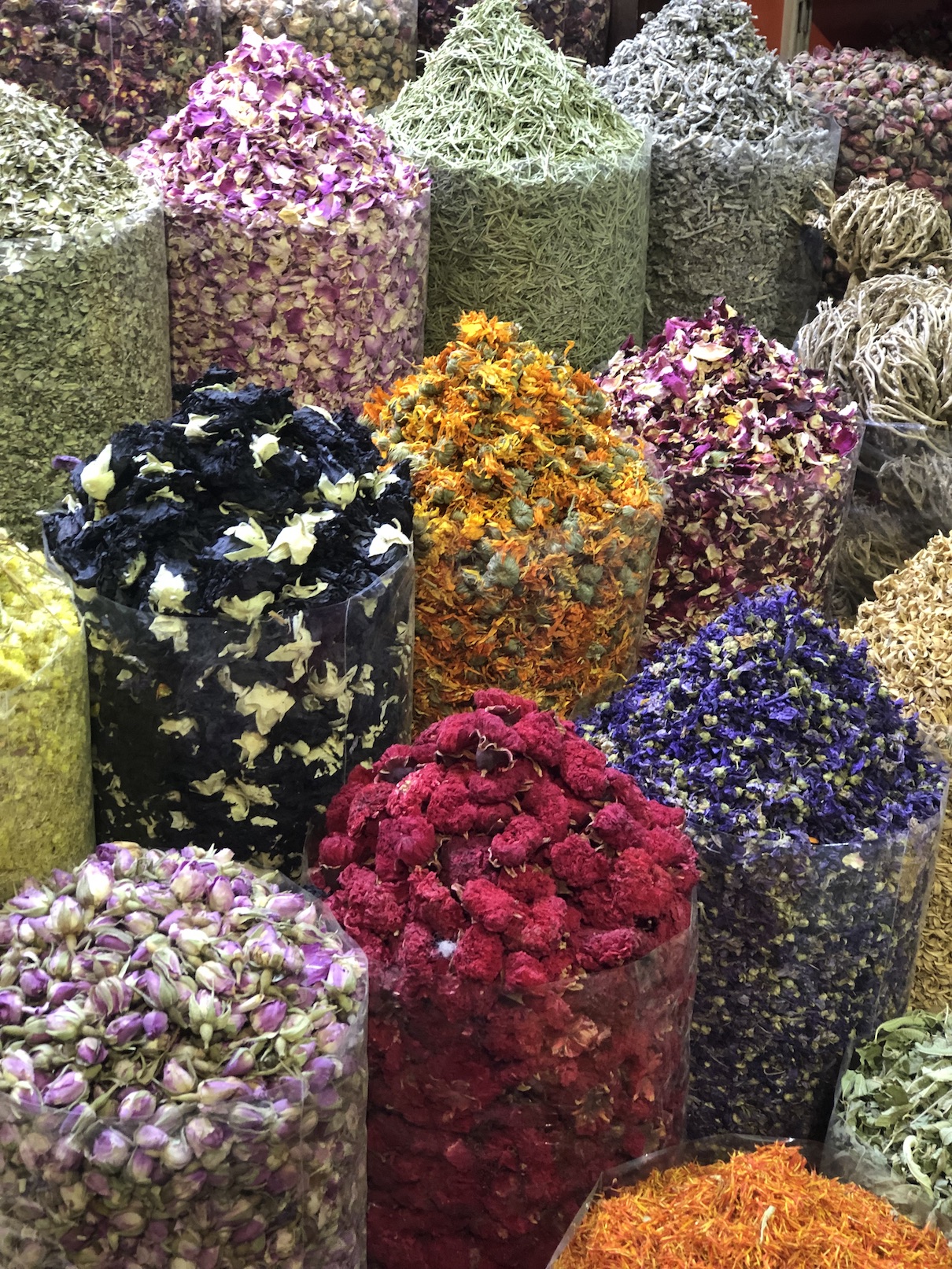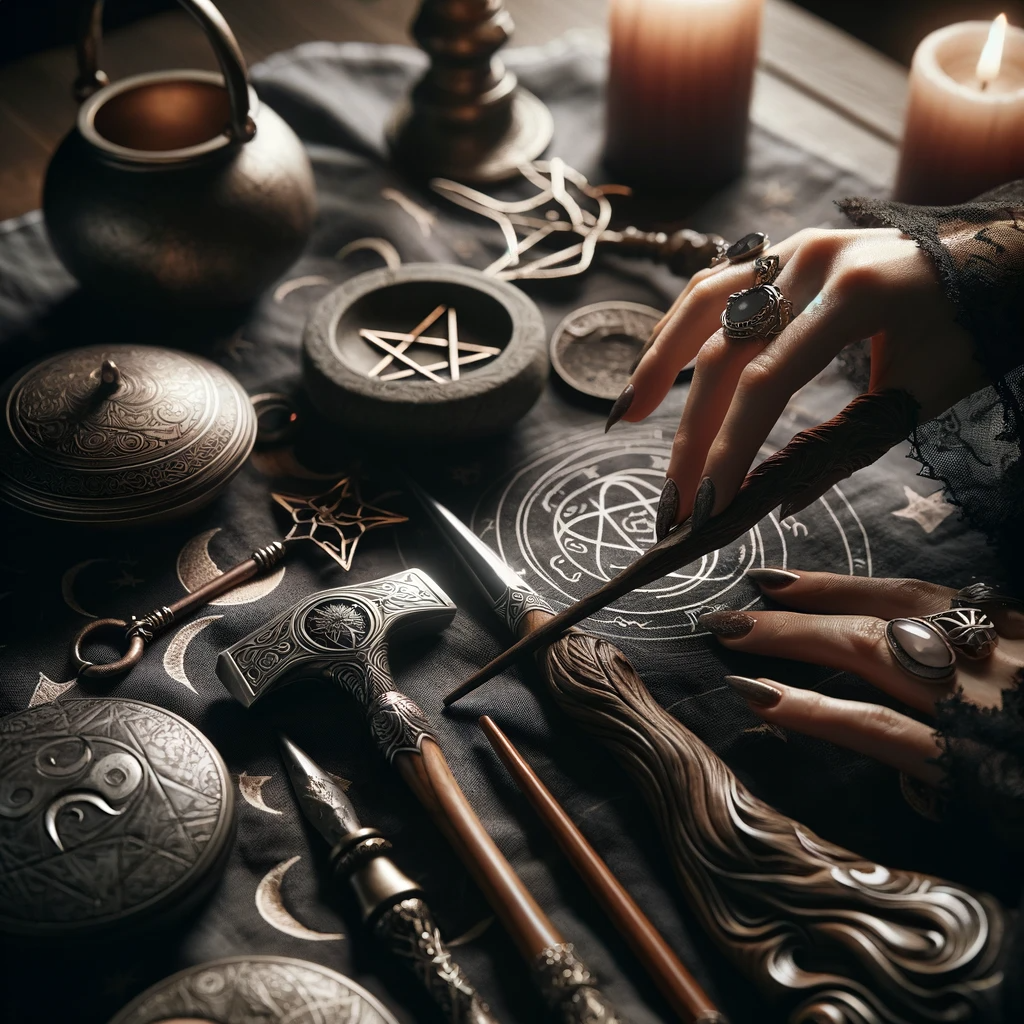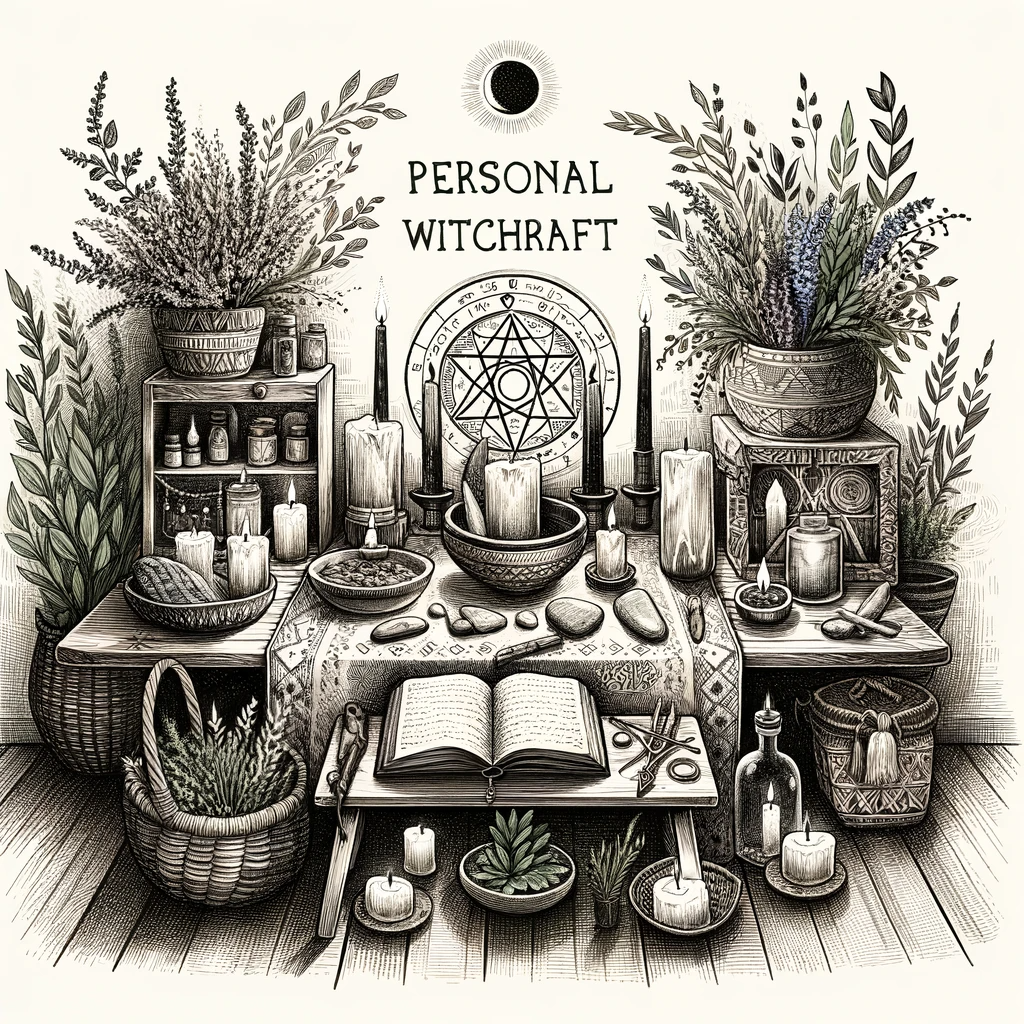As a new practitioner, understanding the boundaries of your craft is crucial for developing a practice that feels true to your ethical, spiritual, and personal values. The following questions are designed to prompt reflection on various aspects of witchcraft and help you map out the contours of your magical identity.
By answering these, you’ll gain insights into what feels right for you, what areas you are curious about, and what limits you might want to set. Remember that you can answer as many or as few as you like (think of this as a thought experiment in a way) but always make sure that you are honest with yourself and what your boundaries truly are.
After all, there is no “right” way to be a witch. There is only a way that feels right to you, and that starts with being honest with yourself.
Ethical Considerations
- Do you believe in karma?
- Are you comfortable with the idea of cursing or hexing someone?
- Do you believe that all magic requires permission from those it will affect?
- Do you agree that one should never interfere with another person’s free will through magic?
- Do you think it’s important to follow the Wiccan Rede or a similar ethical guideline?
- Do you think that an ethical witch should always follow a ‘harm none’ policy?
Spiritual Beliefs
- Do you believe in spirits or otherworldly entities?
- Do you feel a connection to a specific pantheon or deity in your practice?
- Are you comfortable invoking or evoking entities in your practices?
Practical Aspects
- Do you feel that certain types of magic are off-limits to you?
- Do you think it’s necessary to cleanse your space before performing a spell?
- Are you comfortable using items from nature (like herbs, stones, etc.) in your spells?
- Do you believe that the phases of the moon affect the power of your magic?
- Do you consider it necessary to join a coven or group to practice effectively?
- Are you comfortable performing spells that benefit you materially (like money spells)?
- Do you believe that you should create your own spells/sigils/resources or is it acceptable to use those written by others?
Divination and Guidance
- Do you use divination as a tool for making decisions in your craft?
- Do you believe that tarot or other forms of divination can predict the future?
- Is it necessary to have a psychic or intuitive ability to effectively use divination tools?
Cultural and Social Awareness
- Are you aware of and do you respect the cultural origins of the spells and rituals you use?
- Do you ensure that your practices honor the traditions from which they are borrowed?
- Are you open to learning from practitioners from different cultural backgrounds?
- Do you consider the implications of cultural appropriation within your craft?
Personal Discretion
- Do you keep your magical practices secret from others?
- How do you decide whom to share your magical beliefs with?
- Does your family or social circle influence your openness about your witchcraft practices?
Wow, we covered some heavy stuff there. Did it get you thinking? As you’ve navigated through these questions, you might have discovered new facets of your beliefs and perhaps even reconsidered others.
Remember, the practice of witchcraft is deeply personal and evolves with time. Your answers today may shift as you grow in your craft and as your experiences shape your path. Use these reflections to guide your practices, respect your boundaries, and explore your magical potential with integrity and intention.
I advise you to keep revisiting these questions periodically on your journey; they will help you remain aligned with your evolving witchcraft ethos.


